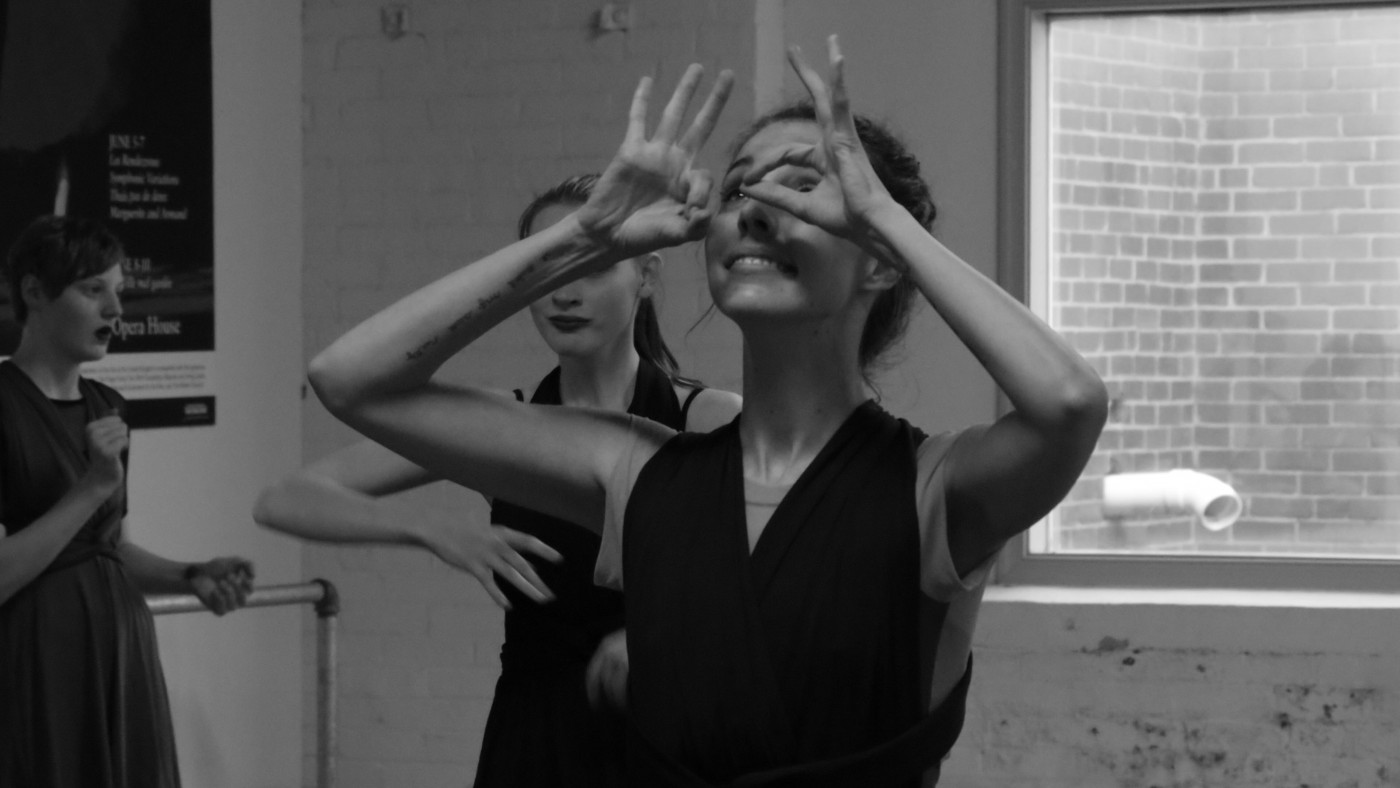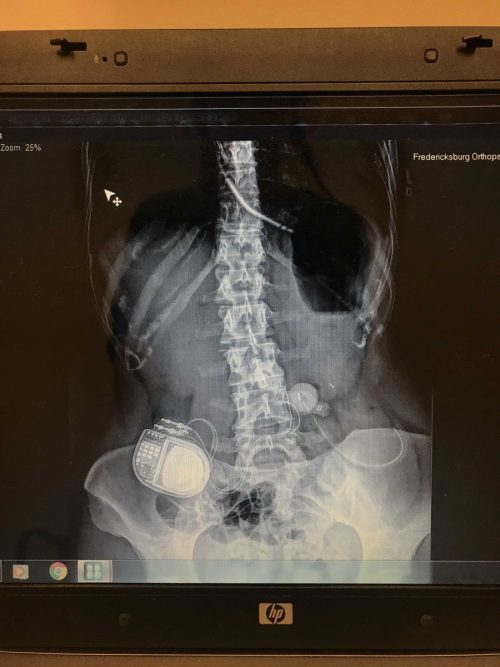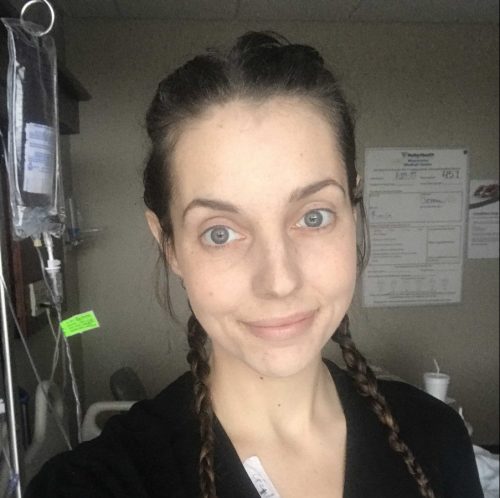Don’t Discriminate Against Disabilities and I Won’t Police Your Politics
Written by |

(Photo John LaBarbera)
I am not a political writer.
I am a political person, don’t get me wrong. I have no shame in calling myself “political” because I think that anyone with the luxury of saying they’re not interested is someone with inherent privilege. The ability to remain apathetic about the rights and regulations of others is exactly that: a privilege.
It’s one that I sometimes wish I had.
I wish that I didn’t have to care about the right to make choices for my own body as a woman (if the men in D.C. can explain my Monday morning cervical mucus to me, then we can talk). I wish that I had enough money to never worry about healthcare or copays or preexisting anything, because in my experience wealth really does sometimes buy health. Or at least a better quality of life, juiced greens, and Starbucks when you’re stuck in the hospital. I wish that I had the dispensation to not care for political delusions and dealings because … well, I’m tired.
I guarantee that if you’re reading this and you have chronic illness, you’re probably tired, too.
We are tired of educating others. We are tired of bartering and berating insurance, clinics, and pharmacies. We are tired of existing in bodies that, due to no fault of our own, make us inherently tired in more ways than one.
I understand entirely why friends say they don’t care about politics and hope to avoid them. But I also feel that any time we don’t concern ourselves with the equality of those with disabilities or discernments from the “mainstream,” our indifference becomes discrimination fast.
But even if politics are sticky and scary (who else is sweating just reading this?), the fact of the matter is that policing those with disabilities should never be permitted.
Yes, it has been suggested throughout the years that those with disabilities should be monitored through social media accounts to ensure no one unfairly receives social security benefits.
Here is why this shouldn’t happen: The only thing we will succeed in doing is punishing people who are productive and positive despite their disability.
If you were to look at my social media accounts, you would think I don’t need any services for physical sufferings. You would see me dancing without knowing the surgeries, stomas, and stipulations behind the scenes. You would see me working but not realize I take large swaths of time off for operations and organ impairment. You also wouldn’t know my first year and half of running my professional dance company — marketing, directing, choreographing, writing, operations, everything — was 100 percent volunteer work because I believed so ferociously in its merit.
I don’t post hardships on social media every day because that’s not who I am. That’s not who I want to be. Frankly, with two young daughters watching my every single move on any given day, that’s not how I want them to remember me either.
Do I try to show the rosy side of life through ‘grams and grabs? Sort of, but I also try to write about the reality without being gratuitous — well, other than discussing cervical mucus. If we penalize patients for looking on the bright side, bettering their lives, and being productive members of society despite hospital visits and hardships, what do we achieve?
That. Serves. No. One.
I would rather let my medical tests, scans, and labs speak for themselves (as they should) and let social media continue to be an affirmative escape, pushing me outside of what could otherwise be a very depressing, indolent alternative.
This isn’t about politics, guys. This is about how we view disability as a whole.
We don’t just police through policies and proposals, but we police through our character analyses of people, too. We police every time we think, “Well, why is Susie enjoying a vacation with her friends if she just had an exacerbation?” or “Why is she eating that taco with her kids if she just had stomach pains?”
Relapse, remission, resurgence — health is a roller coaster. Us not posting about something doesn’t mean it isn’t happening (we have this thing called “medical data” to discern that), and an invisible disability can be as damaging as a visible one.
Patients deserve to live, love, and laugh as much as they feel pain. They should be encouraged to find pleasure in privation, not be punished for it more than they already are.
The only preexisting condition I have is an impatience for how we treat patients and a desire to be indifferent about what makes me so different from everybody else.
***
Note: Cystic Fibrosis News Today is strictly a news and information website about the disease. It does not provide medical advice, diagnosis, or treatment. This content is not intended to be a substitute for professional medical advice, diagnosis, or treatment. Always seek the advice of your physician or other qualified health provider with any questions you may have regarding a medical condition. Never disregard professional medical advice or delay in seeking it because of something you have read on this website. The opinions expressed in this column are not those of Cystic Fibrosis News Today, or its parent company, Bionews Services, and are intended to spark discussion about issues pertaining to cystic fibrosis.









Leave a comment
Fill in the required fields to post. Your email address will not be published.